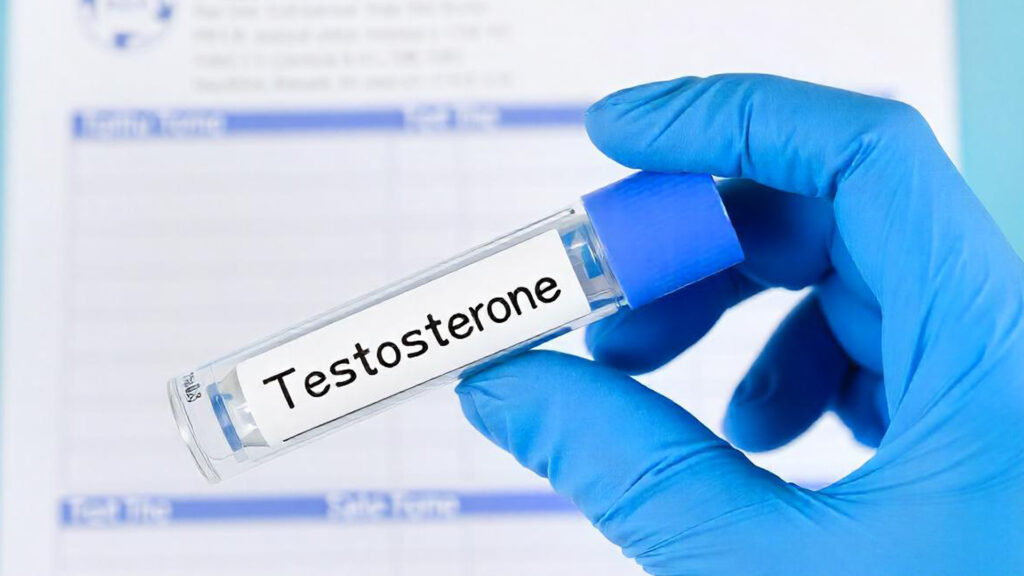
Testosterone Therapy and Fertility
Testosterone is a sex hormone. It is vital to the male reproductive system. Most people know testosterone affects male sexual health. But, its role in male fertility is more complex. Hormones are chemical messengers that are carried by the bloodstream throughout our bodies. They control a number of bodily processes, including growth, metabolism, and reproduction. Let’s talk in detail about Testosterone therapy and fertility in this blog.
What is Testosterone?
In males, testosterone’s key roles are to develop:
- Primary sex characteristics (genitalia and reproductive organs)
- Secondary sex characteristics (body hair, voice, bone structure, etc.)
- Sperm production
- Sex drive
Low testosterone may require more medical measures. These can include male hormone replacement therapy. Once treated with testosterone therapy and fertility, many men with low testosterone are able to have children. Sometimes, especially with female infertility, doctors may recommend a mix of fertility treatments. These include in vitro fertilization (IVF), intracytoplasmic sperm injection (ICSI), and sperm extraction. This post will cover testosterone therapy and fertility in detail.
Low Testosterone Symptoms
If the condition develops during adulthood, it can lead to symptoms such as:
● Decreased libido
● Erectile dysfunction
● A decrease in hair growth and muscle mass
● Decreased energy and fatigue
● Infertility
Low testosterone in men can have many causes, such as:
- Medical issues
- Lifestyle choices
- Age
- Genetic disorders
- Being obese or underweight.
- Smoking
- Cancer treatments
- Pituitary disorders
- Injury

High Testosterone and Male Infertility
Some people hold the misconception that testosterone levels define male fertility. Hormones operate at their best in a balanced state. Thus, men can also experience infertility if their testosterone levels are too high. High testosterone in males, or hypogonadism, can have many causes. These include various health and medical conditions.
● Benign and malignant tumors in the testicles.
● Infections
● Kidney and liver problems
● Autoimmune disorders
● Genetic abnormalities
● Injury
High testosterone can also be from steroid use or testosterone supplements, even if prescribed. High levels of testosterone can cause symptoms such as:
● Aggression
● High blood pressure
● High libido
● Acne
● Excessive hair growth
● Low sperm count and infertility
It seems counterintuitive, but high testosterone can lower sperm production. This is especially true if you use steroids or supplements. A study found that 88.4% of men who took unnecessary testosterone supplements were azoospermic.
Testosterone Therapy and Fertility
Testosterone is necessary for sperm production. It keeps the sex organs working. But, taking testosterone supplements can harm men’s fertility. This increased use of testosterone can reduce sperm production and shrink the testicles. Testosterone therapy often lowers another hormone, follicle-stimulating hormone (FSH). FSH is vital for sperm production.
Testosterone therapy disrupts the hormonal balance needed for sperm production. But, it is reversible in most cases. Short-term testosterone therapy and fertility often help men regain their fertility faster than long-term therapy. In rare cases, infertility cannot be reversed. It can leave men with azoospermia, a condition with no sperm production.
Testosterone does decrease with age. But, in most healthy men, it’s still high enough to maintain vital functions. These include libido and muscle mass. Some men notice changes linked to testosterone. This may lead them to consider testosterone therapy and fertility.
If you are considering testosterone therapy and fertility, talk to your doctor. It can affect fertility and has other side effects. Not all testosterone therapies are the same. Some have a lower risk of infertility. So, it’s important to weigh the risks and benefits of the treatment you are considering.
Testosterone’s Role in Fertility
In men with normal testosterone, a single ejaculation can have over 15 million sperm per milliliter. Low testosterone may lower your sperm count. This reduces your chances of conceiving.
Let’s get micro for a minute, though. This is the short story of how sperm is created:
- Your pituitary gland, a brain part, controls hormone release. It produces two hormones: follicle-stimulating hormone (FSH) and luteinizing hormone (LH).
- LH tells your testes to make testosterone.
- Testosterone then works with FSH to produce sperm.
A lot of testosterone is needed within your testes to create sperm. If you have low testosterone, you may get stuck at step 2. This means you will create less sperm.
This is the primary issue in men related to low testosterone and infertility. Low testosterone means a lower sperm count. That doesn’t mean you can’t conceive, but it does decrease the chances.
Additionally, living with low testosterone can impact your sexual function. Low T often causes low libido and erectile dysfunction. These can reduce your chances of conceiving.

How to Increase Sperm Count?
If testosterone therapy and fertility won’t increase your sperm count, what will?
There are a lot of myths about male fertility. Taking care of your health is the best way to boost your testosterone.
Proven strategies to increase testosterone and boost sperm production include:
- Managing chronic illnesses through diet, exercise, and other lifestyle changes.
- HCG injections are a hormone therapy. They can help your testes raise testosterone levels and improve sperm production.
- Not smoking.
- Not using illegal drugs.
- Limiting alcohol use.
Low Testosterone and its Impact on Fertility
Low testosterone can cause erection issues, a low sex drive, mood changes, and poor sperm health and counts. A simple blood test can measure testosterone. It is usually done in the morning when levels are highest in men.
Men with low testosterone can be treated! Testosterone replacement therapy comes in many forms, including shots, gels, patches, or implantable pellets. Testosterone therapy and fertility usually cause low sperm counts or no sperm in the semen.
Testosterone levels do not dictate fertility outcomes in men. Hormones other than testosterone stimulate sperm production. Sperm production requires testosterone. But the testes, where sperm is produced, have a much higher level than the blood. Even men with low or borderline T levels may have enough T for sperm production. But it may lower sperm counts and health.
There are some medications that can lower estrogen levels in your body. All men have estrogen in them, but lowering it may help with sperm production. These meds include clomiphene citrate, letrozole, or anastrozole, and they are pills. There are also injectable drugs. They act like hormones from your brain’s glands. They will increase sperm production. Testosterone therapy and fertility specialists for males will prescribe these drugs.
Testosterone Therapy at Direct Preventive Care
If you’re struggling with low testosterone and fertility issues, it’s essential to consult with professionals who offer comprehensive care. Direct Preventive Care provides Testosterone Therapy tailored to your needs, ensuring a personalized treatment plan that covers every step of the process. At Direct Preventive Care, you’ll undergo a thorough medical intake and lab work to evaluate your testosterone levels, followed by a telehealth consultation with a board-certified clinician.
Based on your results, a customized treatment plan will be created to suit your specific health goals. Additionally, we will deliver your prescribed testosterone medication directly to your doorstep, ensuring convenience and continuity of care. By addressing low testosterone levels and fertility concerns through safe and effective hormone therapy, our Testosterone Therapy empowers men to take control of their reproductive health and overall well-being.














